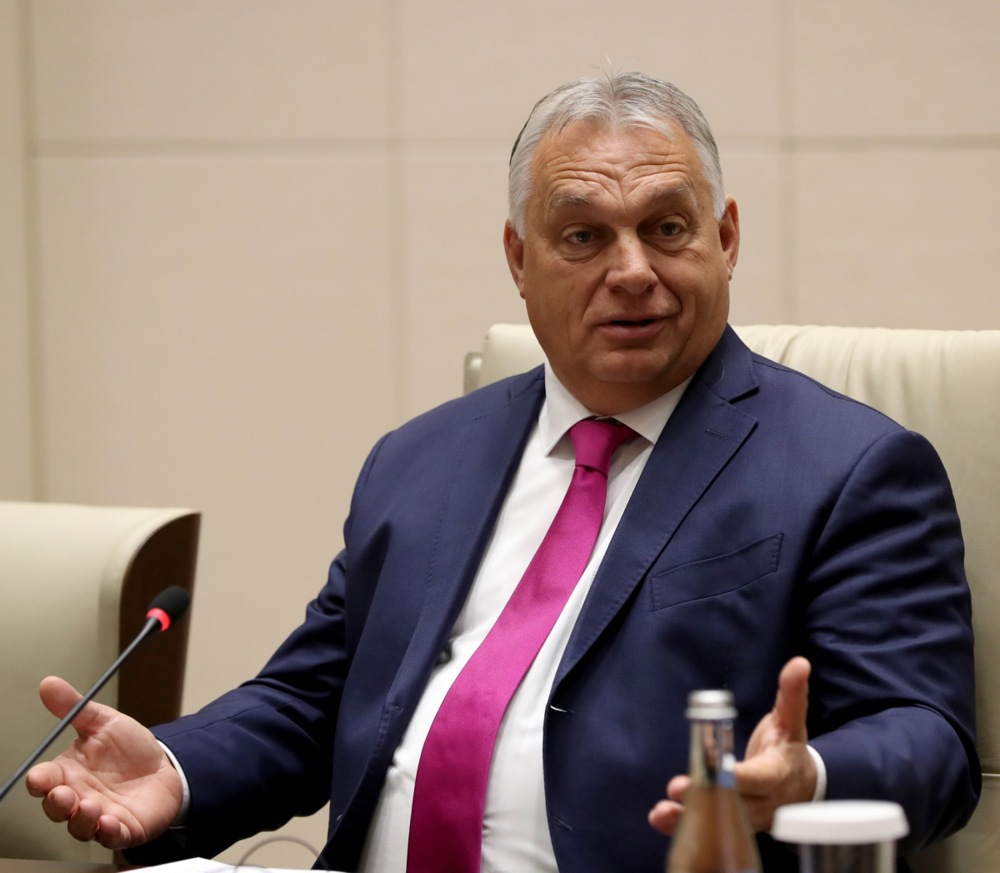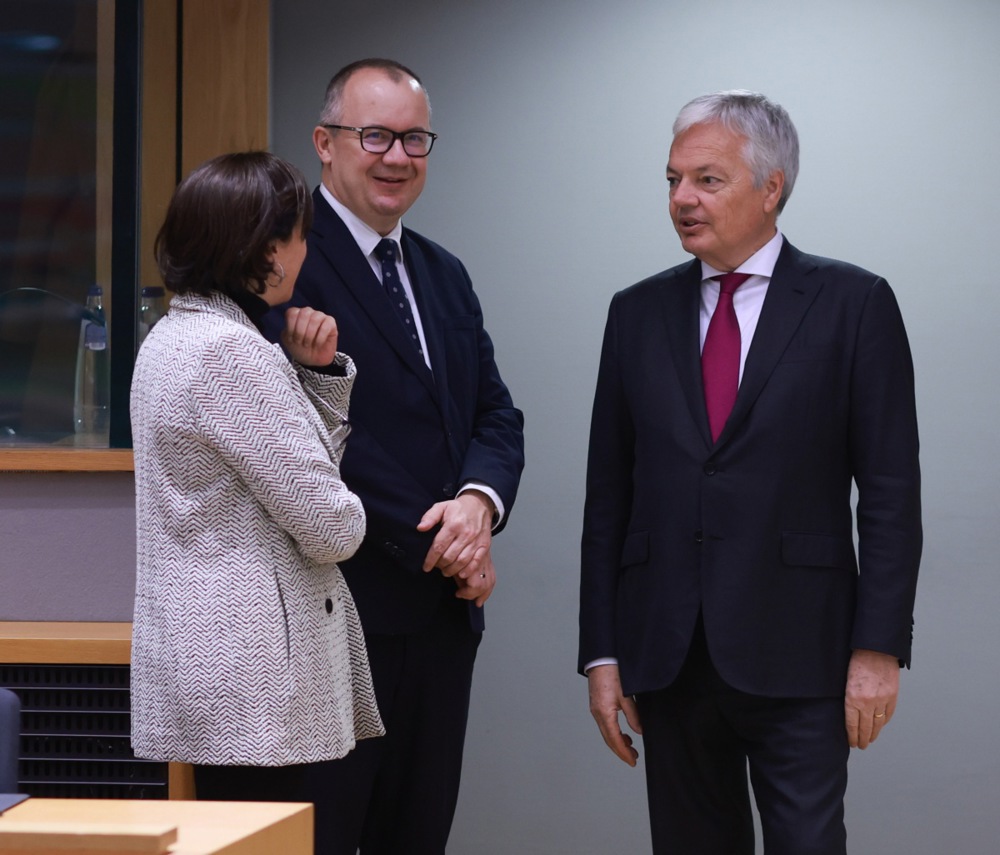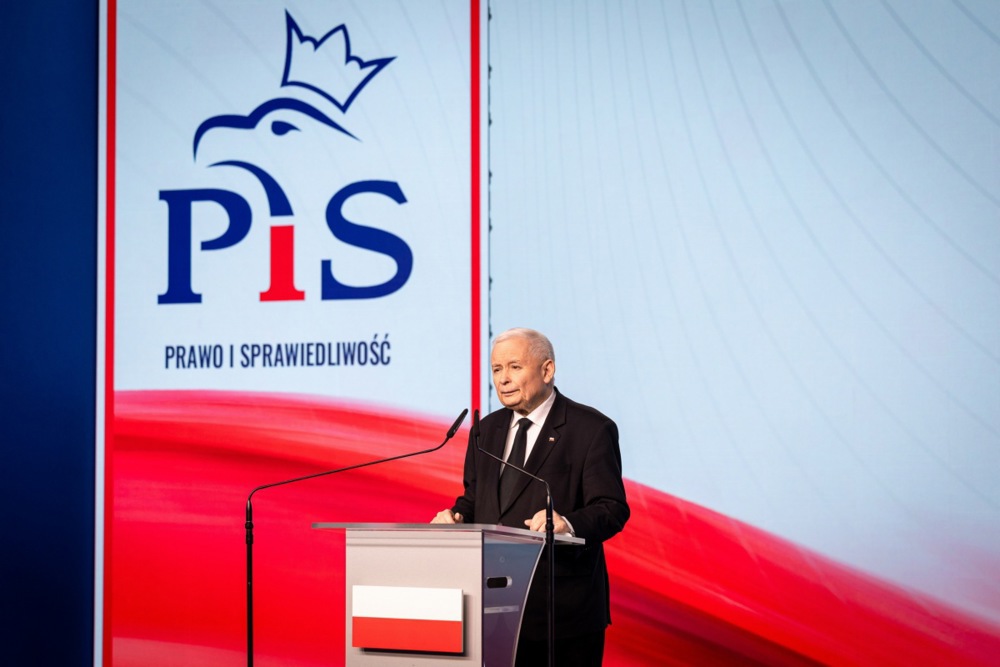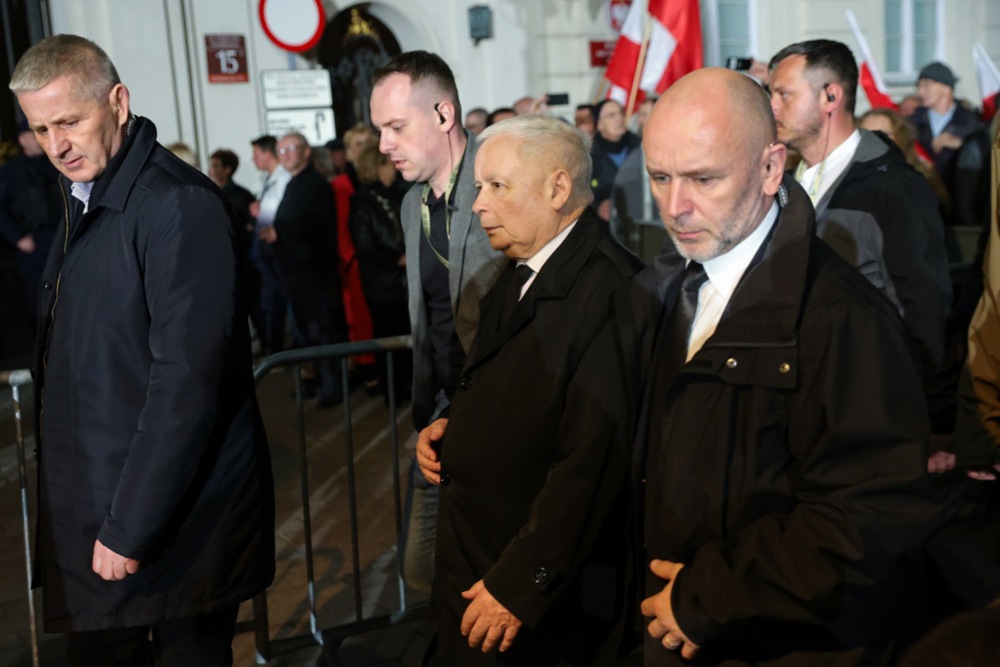Poland’s Prime Minister Donald Tusk has suggested the government will refuse to pay out money due to the Conservative (PiS) opposition.
That was despite a recent court decision that the PiS’ funding should be restored. The election regulator (PKW) has submitted the demand for payment to the ministry of finance.
Tusk’s finance minister Andrzej Domański had earlier in December said he would act upon any decision reached by the PKW as regarded the payment.
Yet on December 18, the government passed a resolution deeming both the Supervisory Chamber of the Supreme Court as well as the Constitutional Court to be illegitimately constituted, paving the way for non-compliance with any of those courts’ verdicts.
The decision to restore the PiS’s funding of €25 million over the next four years was taken by the Supervisory Chamber in December. It accepted the PiS’ appeal against a PKW decision to bar funding that was taken in August in reaction to alleged abuses of public funds during the 2023 parliamentary elections.
The PKW on December 16 decided to ignore the Supervisory Chamber’s ruling on the grounds that the chamber was not legitimately constituted.
On December 30, though, it decided to accept the court’s decision in a resolution that added the PKW “does not prejudge that the chamber of extraordinary review and public affairs is a court and does not prejudge the effectiveness of the ruling”.
That was a reference to the fact that the chamber in question, created by PiS when it was in office and authorised to rule on election-related cases, is staffed by judges nominated through the National Judicial Council (KRS). That is a body overhauled by PiS and later judged by the European Court of Justice (ECJ) as lacking independence from the government.
It was the disclaimer with regard to the legitimacy of the court in the PKW resolution that the Tusk government has latched on to refuse the release of PiS funds.
On X on December 30, the PM stated: “This resolution makes it clear that the money is not and will not be there. That’s how I read it.”
Justice Sylwester Marciniak did not agree with Tusk. He told reporters after the meeting of the PKW that the ministry of finance was duty bound to release the funds since the PKW, acting on the Supreme Court ruling, had agreed to approve the PiS state funding.
Marciniak had argued that the non-recognition of the Supreme Court’s chamber threatened to derail the conduct of the presidential election due in May. He said that was because that court was responsible for all appeals against PKW decisions and for certifying the results of the election.
Poland’s Ombudsman Marcin Wiącek on December 31 went on the record to state that the government should comply with the PKW and the Supreme Court.
“I believe that it is inadmissible in a democratic state for decisions on the financing of political partied to be in the power of a minister who is a politician.
“The whole system of party financing is based on the money being transferred in accordance with legislation and with the participation overseen by independent institutions,” he said.
The PiS has slammed Tusk’s stance on the issue, arguing that he was in breach of the law that makes it obligatory for the government to release a party’s state funding once the PKW had authorised the payment.
Former prime minister Mateusz Morawiecki on X said that if Tusk did not act on the court’s and PKW’s rulings, the present PM would face action under both the penal code and in front of the Tribunal of State for being in breach of the Constitution.
The European Commission, which had imposed sanctions on the previous PiS government for rule-of-law violations, has been supportive of Tusk’s government, lifting the freeze on post-Covid pandemic funding in return for promises to restore the rule of law.
Still, after more than a year in office there has been no legislation passed on reforming Poland’s judicial system and the EC is now said to be reticent to discuss rule of law in Poland, as Brussels Signal was informed when asking the body for comment.





